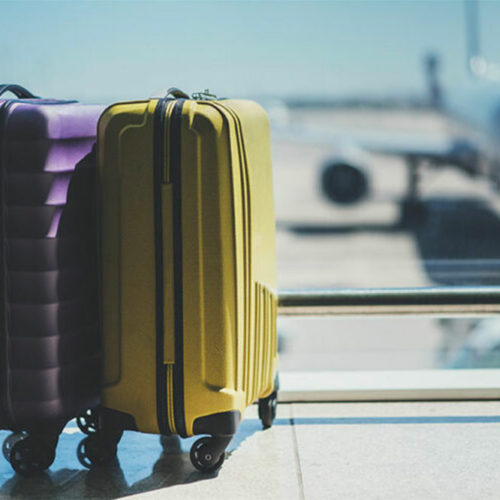Useful traveling tips for asthma patients

Asthma is a long-term condition wherein patients suffer from inflamed airways, making breathing difficult. Asthma triggers may vary from person to person, but some common ones include dust mites, pet dander, pollen, and mold spores. It is crucial to manage asthma symptoms when traveling because it’s hard to figure out what could lead to a flare in a new environment. Find below some traveling tips to avoid trips to the emergency room. Consider seeing your doctor before traveling Before traveling, you should consult a doctor from a regional travel clinic or health department. If you take regular allergy shots, discuss your travel plan with your allergist. Your doctor will be able to refill your prescriptions and tell you more about travel-related risks. They will also be able to give immunization shots if required. Work out an allergic asthma action plan with your doctor. Ask them to provide you with a letter explaining your condition, prescriptions required, and devices needed in an emergency. Keep this letter with you at all times when traveling. Be strategic about your destination Learn about your destination beforehand. Check if medical facilities or hospitals are close by. Get information on the weather condition like smog and humidity.






